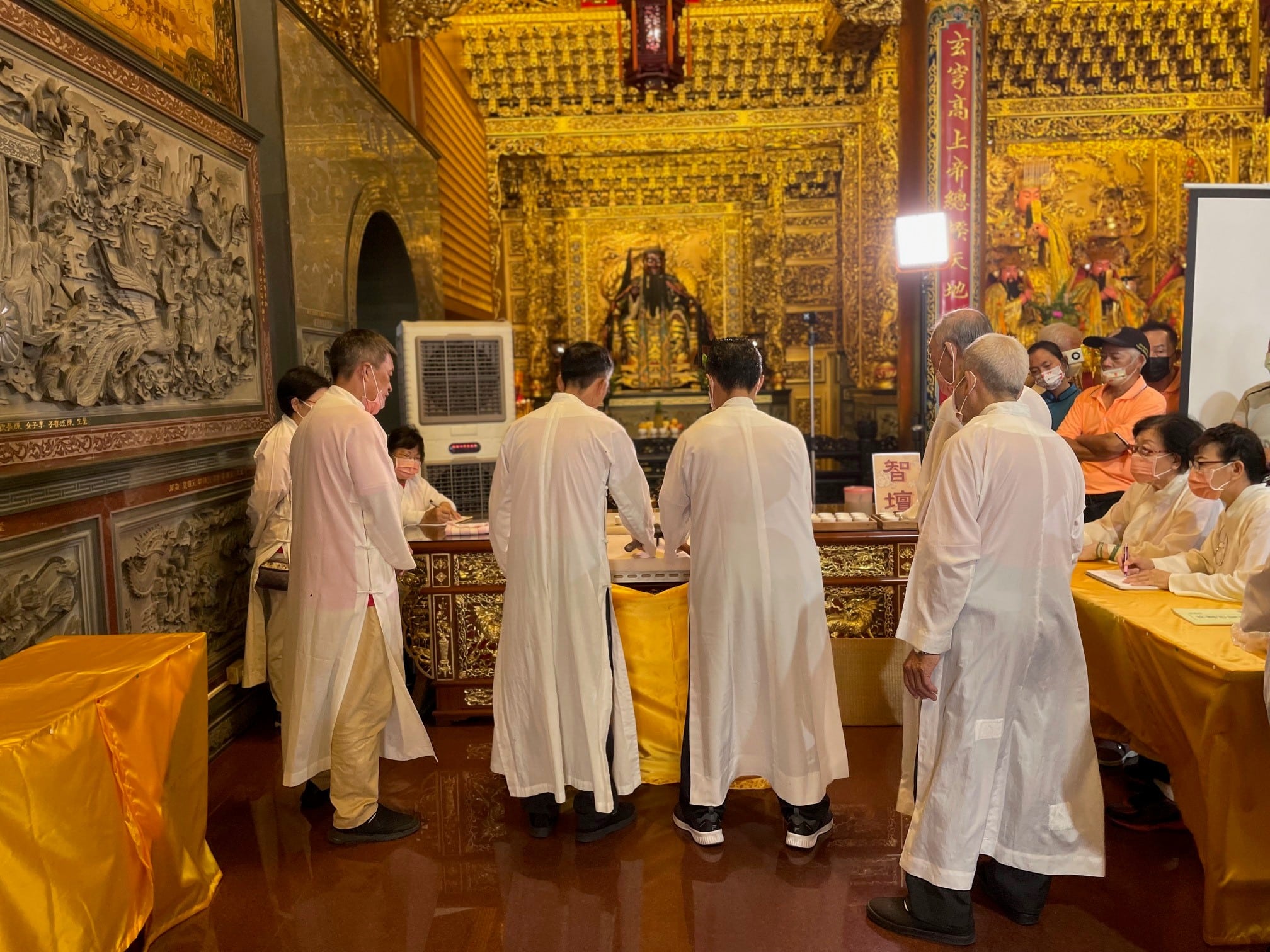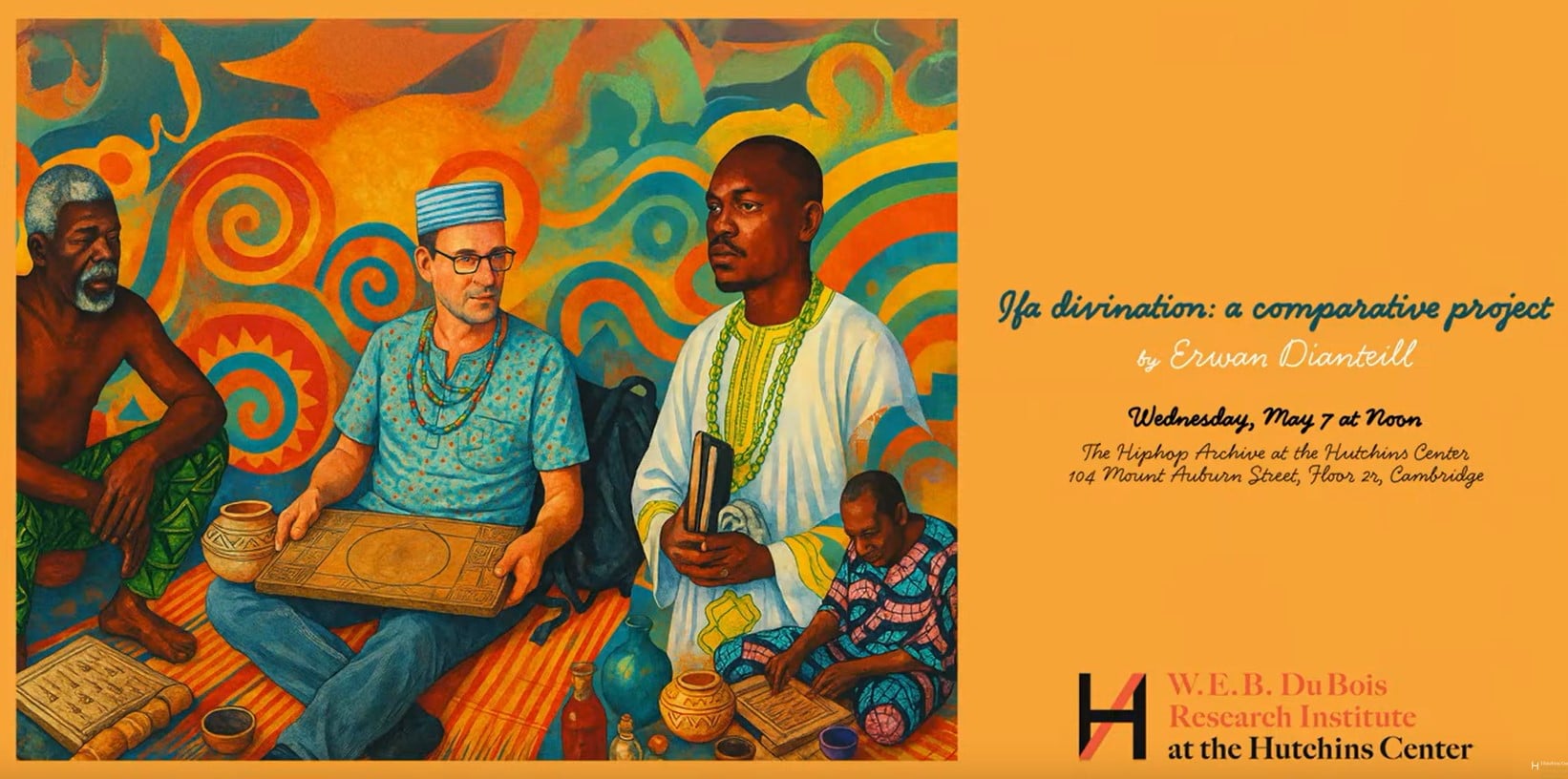ANUAC (Rivista della Società italiana di antropologia culturale) is an international, peer-reviewed, Open Access journal of the Italian Society of Cultural Anthropology (SIAC). Giuseppe Tateo and Maria Sapignoli, both affiliated to the University of Milan, are the editors of a special issue of ANUAC dedicated to the highly topical subject of divination and AI.
The potentialities of artificial intelligence (AI), large language models (LLMs) and machine learning technologies have recently aroused a growing interest, as they have become more and more accessible outside the scientific community. Algorithmic targeting, chatbots, and generative programs have progressively entered the daily lives of the general public. It has become common for professionals like lawyers and translators to resort to predictive justice tools and neural machine translation services. As public administrations and governmental bodies adopt predictive computational algorithms, a neologism – algocracy – has emerged to define this new model of social ordering.
Approaching knowledge production from an anthropological perspective, we aim to pay specific attention to the epistemic value of prediction across various sociocultural locales. Prospective contributors are asked to reflect on how prediction is understood and practiced in phenomena as different as (but not limited to) the increasing utilization of AI in policing and governance, astrology-oriented speculative finance, and the enduring popularity of divinatory practices in religious traditions and spiritual movements. By scrutinizing these intersecting realms, this special issue seeks to explore the human behind the machine, the celestial, the divine.
One of the recent contributions of the anthropology of knowledge systems has been to show how algorithms often reflect and amplify certain biases present in society (Royer 2021). Some ethnographic work on researchers in the field of AI (Forsythe 1993, 2001) had already shown that knowledge gained from the scientific community and incorporated into algorithmic prediction systems tends to reflect the conceptual categories of those who process them. The integration of AI technologies into governance frameworks begs the question of what criteria inform policies of prevention, control, and punishment. Ethnographic methods are well-equipped to inquire how gendered, racialized, and socioeconomic biases lurk behind predictive policing and other algocratic tools invested with a halo of infallibility (Besteman and Gusterson 2019).
As “enchanted economics” (Sahlins 2024: x) has recently gained growing scholarly attention, the adoption of astrological principles to predict the evolution of markets and guide investment plans blurs the lines between what is commonly considered scientific knowledge and what is relegated as superstition (Hammer 2024). Such binary distinctions become obsolete when it comes to the interpretation of planetary movements as (un)favourable signs to navigate markets and find patterns in the unstable grounds of financial trade. If forecasting through statistical analysis enjoys scientific credit, as it is informed by the study of past events and trends, what happens when the trends predictive experts rely upon are planetary movements and constellations, as customary in astrology?
Recent sociological research has argued that algorithm-based predictive technologies have a common substrate with divination techniques of various religious traditions (Esposito 2021, 2022). Ultimately, divination relies on other sources of legitimacy that are charismatic, ritual, or traditional. Rather than simply delegate responsibility over sensitive choices, the employment of predictive technologies is supposed to orient decision-making and suggest previously unexplored pathways and solutions, which contributes to explaining why human societies have developed a wealth of divinatory systems throughout history. Divination resorts to the interpretation of signs to provide diagnostics and forecasts with the aim of guiding the user before delicate choices: it is for this reason that its popularity has persisted side by side with biomedicine and other scientifically sanctioned disciplines like psychological counselling.
We welcome contributions from anthropology, semiotics, STS, economics, history, religious studies, sociology, and related disciplines. In a world where algorithms have the potential to guide decisions that can have profound repercussions on people’s lives, the special issue will examine the dynamics between prediction practices and their socio-technical systems. What do AI technologies and machine learning models have in common with the divinatory techniques of various religious traditions? What can be learned from the need to develop predictive techniques by different societies about the contemporary condition of being human? Understanding the cultural specificities underlying predictive technologies is one of the aims of this special issue, because “it is humans in the machines making decisions and judgments about how to assign particular weights to certain outcomes” (Singler 2020).
Please send your abstract (max 300 words) and a short bio to the editors by January 14th 2025
Maria Sapignoli (University of Milan) – maria.sapignoli(at)unimi.it
Giuseppe Tateo (University of Milan) – giuseppe.tateo(at)unimi.it
References
Besteman, Catherine and Gusterson Hugh (eds.) 2019 Life by Algorithms. How Roboprocesses Are Remaking Our World, Chicago: University of Chicago Press
Esposito, Elena. 2021. Digitale Prognose. Von statistischer Ungewissheit zur algorithmischen Vorhersage, in Labisch, A. (ed.), Kann Wissenschaft in die Zukunft sehen? Prognosen in den Wissenschaften, pp. 177-198.
Esposito, Elena. 2022. Comunicazione artificiale. Come gli algoritmi producono intelligenza sociale. Milano: Bocconi University Press.
Forsythe, Diana. 1993. “Engineering Knowledge: The Construction of Knowledge in Artificial Intelligence”, Social Studies of Science 23(3): 445-477.
Forsythe, Diana. 2001. Studying those who study us: An anthropologist in the world of artificial intelligence. Stanford, CA: Stanford Univ. Press.
Hammer, Olaf. 2024. “Financial Astrology: Taking Divination into the Heart of Capitalist Economy”. In I. Brissman, P. Linjamaa, & T. Thykier Makeeff (Eds.), Handbook of Rituals in Contemporary Studies of Religion, pp. 117-134.
Royer, Alexandrine. 2021. “The Short Anthropological Guide to the Study of Ethical AI.” Computers and Society.
Sahlins, Marshall and Frederick B. Henry Jr. 2024. La Nuova Scienza dell’Universo Incantato. Un’antropologia dell’umanità (quasi tutta). Milano: Raffaello Cortina Editore.
Singler, Beth. 2020. “‘Blessed by the algorithm’: Theistic conceptions of artificial intelligence in online discourse”, AI & Soc 35: 945–955. https://doi.org/10.1007/s00146-020-00968-2.





